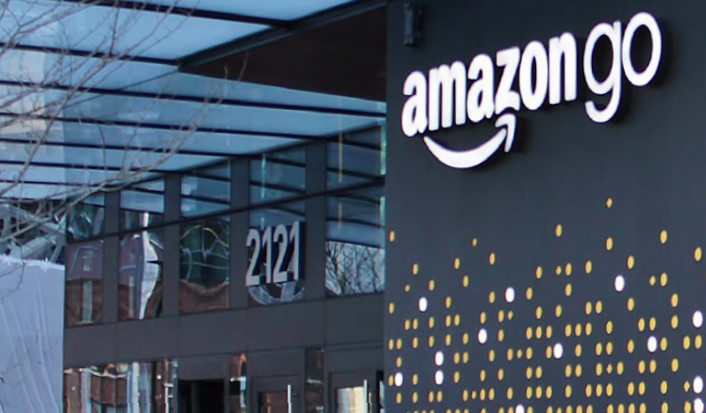Studies arrived last week on Amazon’s dominance, identity fraud concerns, voice-assisted shopping skepticism, location-based marketing’s in-store lift, skimpy online return rates and app shopping worries.
Amazon’s Dominance Forces Competing Retailers To Evolve.
On average, two in five American consumers (41 percent) receive one to two packages from Amazon per week. That number jumps to half (50 percent) for consumers ages 18-25 and 57 percent for consumers ages 26-35. Twenty-nine percent are excited about Amazon’s expansion because it provides them more convenient buying experiences
The Future of Retail 2018 – Walker Sands
Identity Fraud Concerns Growing
Fifty-seven percent of American consumers are more concerned their personal information will be compromised compared to a year ago, according to the new IDology Consumer Digital Identity Study. Despite high-profile breaches, consumer passwords remain vulnerable; 98.6 million people write their passwords down; 163.6 million people seldom change them. Fifty-six percent report their likelihood of choosing a financial institution would increase with advanced identity verification methods.
Americans Skeptical of Voice-Assisted Shopping
According to RichRelevance’s second annual survey on how U.S. consumers search for and find products online, seven in 10 Americans have not yet used voice assistance to find product information or purchase products. Six out of 10 don’t think any of the current leaders (Amazon, Apple, Google, Microsoft) will be the ones to eventually get it right. Not surprisingly, young shoppers are more likely to have used voice search than other generations (43 percent vs. 30 percent overall).
RichRelevance Study Shows Americans are Skeptical of Voice-Assisted Shopping
Location-Based Marketing Lifting Brick and Mortar Traffic
According to the Driving In Store Traffic and Purchases Through Digital Channels study from Blis, retailers using a location strategy report a greater lift in retail footfall and location-based digital initiatives have helped retailers convert customers with customized content at the right time. Most retailers provide location-based resources for customers, including local product or inventory search (60 percent), interactive maps (65 percent), localized social media accounts (60 percent) and localized online customer service (51 percent).
Shoppers Hardly Ever Make Online Returns
According to a new NPR/Marist Pollas, 91 percent of American consumers either “only rarely,” 65 percent, or “never,” 26 percent, return merchandise they bought online. The survey showed that free returns were important in the online purchasing decision. Asked whether a free return policy influenced their decision to buy online, 40 percent indicated “a lot,” 37 percent “a little” and 22 percent said “not at all.” Yet the main reason shoppers kept a purchase they wanted to return was the return process was too much of a hassle, 54 percent. That was followed by missing the return window, 22 percent and the cost of returning the item was too high, 16 percent
NPR/Marist Poll: Amazon is a Colossus in a Nation of Shoppers
Security/Data Privacy Concerns Holding Back App Shopping
The shift towards ‘frictionless’ payments–i.e. invisible transactions that take place ‘behind the scenes’ in apps–is being held back by American consumer concerns over security and data privacy, according to research conducted by Paysafe. Fifty percent of consumers cite fraud as the biggest barrier to using them.
Photo courtesy Walker Sands
















